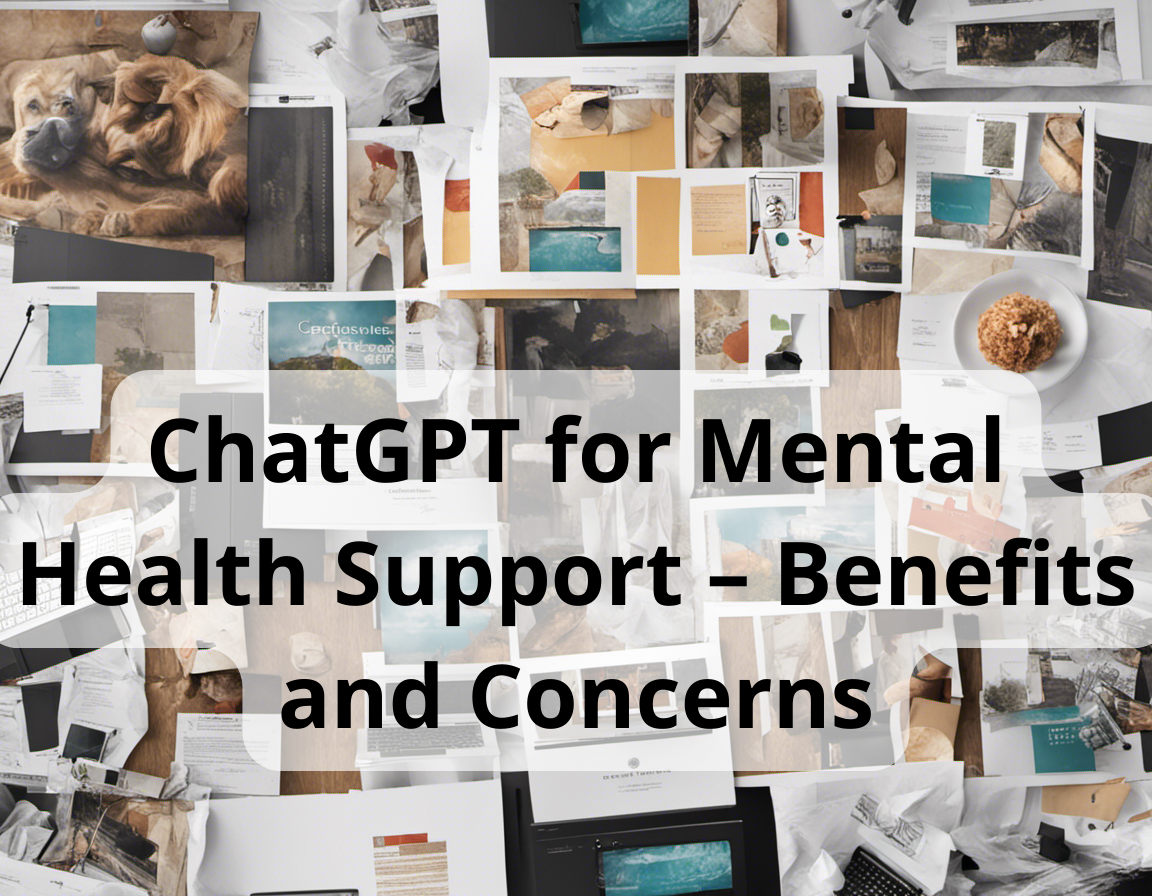
However, like any technology, there are considerations regarding its potential impact on mental health. Here, we will explore the effects of ChatGPT on mental health, highlighting both the benefits and concerns users should be aware of.
Benefits
ChatGPT has the potential to enhance access to mental health support. Many individuals face barriers in seeking therapy or counseling due to cost, stigma, or availability. AI-powered chatbots can offer a convenient and private platform for individuals to discuss their feelings, seek guidance, and access resources.
This accessibility can help bridge the gap between those in need and professional assistance.
In certain cases, ChatGPT can provide emotional support and companionship. Loneliness and isolation can have detrimental effects on mental health, and having a conversational AI as a companion can alleviate some of these feelings.
The non-judgmental and always-available nature of ChatGPT can offer a sense of comfort and understanding to individuals who may not have access to immediate human support.
ChatGPT can act as a valuable resource by providing information on mental health conditions, self-help strategies, and available resources.
Users can ask questions about symptoms, treatment options, and coping mechanisms, receiving reliable and evidence-based information.
This can empower individuals to make informed decisions about their mental well-being and seek appropriate professional help when needed.
Concerns
While ChatGPT can provide support, it is important to acknowledge that it cannot replace the benefits of human connection.
Human interaction involves empathy, emotional understanding, and shared experiences that AI may not fully replicate.
It is crucial for individuals to seek real-life connections and maintain relationships with trusted friends, family, or mental health professionals.
Related | Are Shorts Harming Your Brain? The Truth About Short-Form Video Addiction
There are ethical concerns associated with using AI for mental health support.
ChatGPT relies on data provided during training, which may include biased or inaccurate information. Additionally, maintaining user privacy and ensuring data security are essential to avoid any potential misuse or breaches.
Users should be mindful of the platform’s policies and take necessary precautions to protect their personal information.
ChatGPT should not be used as a diagnostic tool for mental health conditions. While it can provide general information, it cannot replace a professional evaluation.
Relying solely on AI for diagnosis may lead to misinterpretation or incorrect assessments, potentially delaying appropriate treatment.
It is important to consult a qualified mental health professional for accurate diagnosis and personalized care.
Conclusion
ChatGPT offers promising possibilities for mental health support, improving accessibility, and providing valuable information and companionship. However, it is crucial to recognize its limitations and exercise caution.
Maintaining a balance between AI-based support and real-life human connections is essential for holistic mental well-being. As technology evolves, it is important to conduct further research, implement ethical guidelines, and work toward optimizing the potential benefits of AI in mental health support.
Incorporating ChatGPT into mental health support systems can be a valuable tool, but it should always be used as a complement to, rather than a replacement for, human interaction and professional guidance.
